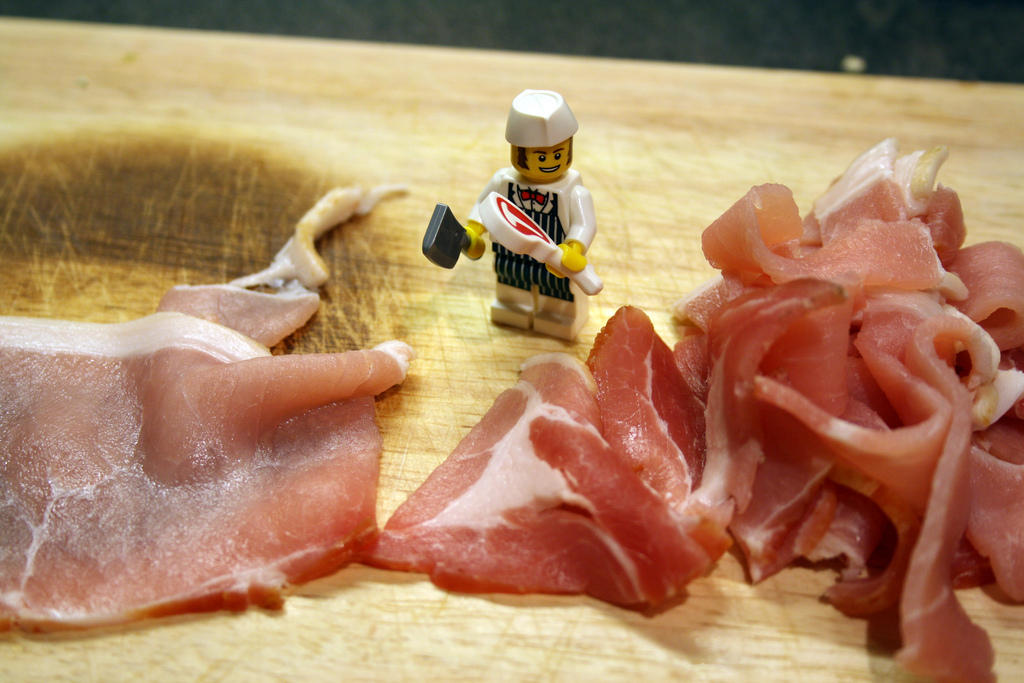OU News
News from The Open University
- Home
- Is processed meat safe to eat? OU academic reflects on stats
Is processed meat safe to eat? OU academic reflects on stats
Posted on • Maths

Processed meat has been reclassified to sit alongside substances like asbestos and cigarettes. Does this mark the end of the ‘Full English’, or is there more to it?
The International Agency for Research on Cancer (IARC) and World Health Organisation (WHO) have reclassified processed meat to Group 1, alongside other products that are “carcinogenic to humans”. Professor of Applied Statistics at the Faculty of Maths, Computing and Technology (MCT), Kevin McConway reflects on the stats…
What do substances in ‘Group 1’ have in common?
“These are substances or activities for which the IARC thinks there is sufficient evidence to suggest they increase the risk of developing cancer in humans.
“The key point about this classification is that it is based solely on strength of evidence, not on how much the risk increases.”
What is the increase in risk of eating processed meat?
“In the UK, about six people in every 100 will get bowel cancer in their lives. According to the IARC data, if these 100 people all start eating an extra 50g of processed meat a day, which is equivalent to two rashers of bacon, then about seven of them will get bowel cancer. OK, an increase, but only one more death and that’s nothing like the effect of cigarette smoking.
“Of 100 lifetime non-smokers in the UK, only about one will get lung cancer. For 100 smokers of a pack a day, more than 20 will get lung cancer. That’s a huge increase in risk.”
So why are smoking and eating processed meat both in the same IARC category?
“The IARC is convinced that, for both substances, the evidence of some kind of effect, big or small, on the risk of developing cancer is quite strong. There are plenty of other agents in IARC Group 1 besides smoking and eating processed meat, and many of them are chemicals that most people (including me) won’t have heard of. Others will be more familiar, such as burning coal at home, or working as a painter. Some of these have a big effect on the risk of developing cancer, whilst others don’t.”
What’s changed?
In an important sense there’s nothing new in this announcement. No new evidence has been collected – IARC has instead collated existing evidence and come to a decision on how strong that evidence is – and the detailed monograph that outlines its findings has not yet been published, just a set of summaries.
“IARC is explicitly clear that that it is not making recommendations on what we should eat. Others have already made such recommendations, based on the evidence that IARC has reviewed. However, this latest news has not changed any of these recommendations; not yet anyway.”